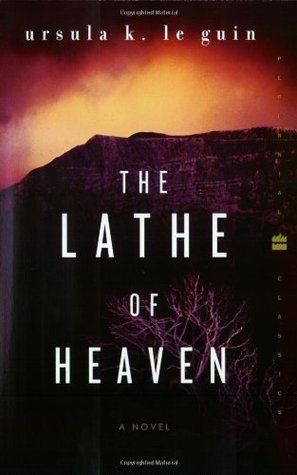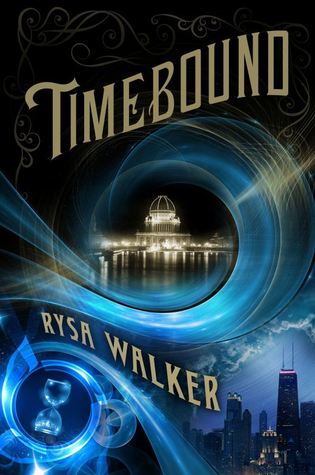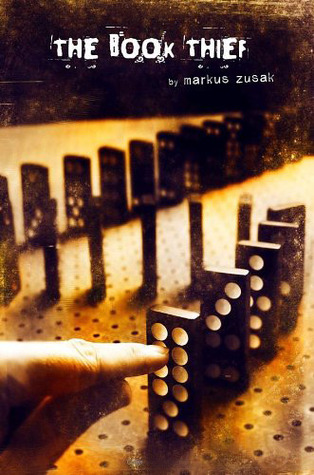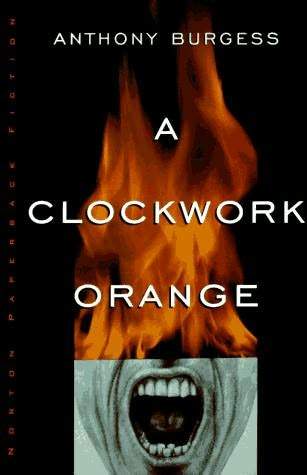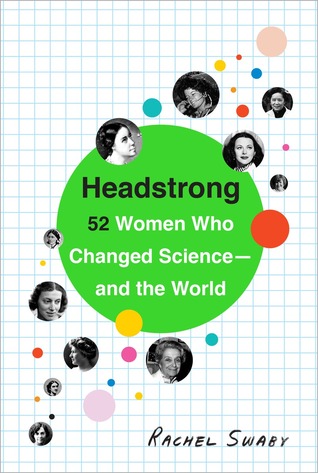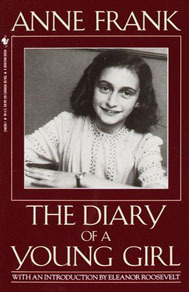 |
| Photo credit: thejbird / Foter / CC BY |
Because you're curious, right? Right.
I've been reading since before I began kindergarten. My mother claims I was reading at the age of 2, but my grandma is convinced that I'd just memorized all the books I had at that point. Even that sounds like something more impressive than a two-year-old is capable of, but I digress.
Though I've been devouring books for close to two decades, my first clear reading memory is from the age of 10 or so. I'd recently picked up a mass-market paperback of Harry Potter and the Sorcerer's Stone. All the cool kids at school were gearing up for the release of The Goblet of Fire (or was it Azkaban? it's a bit fuzzy now), and I finally caved and wanted to see what all the fuss was about because, apparently, I was a very discerning fifth-grader.
I remember sitting in my parents' bedroom as I read the opening lines, and I almost immediately closed the book in terror. There was a line about Dudley getting some kind of toy—possibly a remote control car—and running over the neighbor's dog with it. I was a delicate little thing (and, who am I kidding, still kind of am), and the thought of a boy wantonly injuring an animal was just too upsetting to bear. I had to put the book down, at least for a little while. Eventually, I realized that animal abuse wasn't J.K. Rowling's shtick, and I became fully enamored of the magical world of Harry Potter. It amazes me that I almost missed out on it due to those first icky feelings.
I'll never forget the satiny coating on the book and how it started to bunch up and peel after excessive handling (I found my copy on Google Images, and the wear is just like I remember it). The pages, too, quickly became stiff and crinkly after several bath tub reading sessions with Shaina, Destroyer of Books. I have no idea where the book is now—it probably got beaten up enough for a trip to the garbage can during one of our moves—and I'd probably find it pretty unappealing if I came across it, but it's firmly lodged in my mind as the prototype of my love for reading.
What's your earliest bookish memory?






